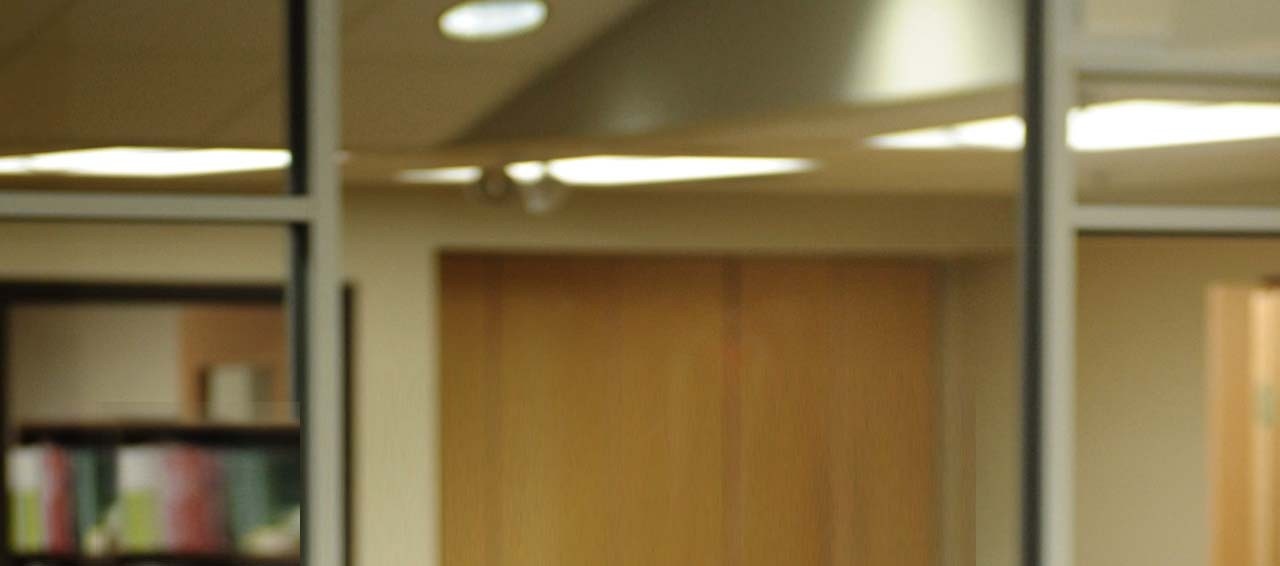Nonāacademic requirements
Supplemental Information
Assessment of non-academic performance accounts for 20% of the applicant's overall total score. The letter of intent and resume will be scored out of 10% each, accounting for the overall 20% for non-academic performance. All supplementary information should be attached to theĀ .
Letter of intent
A letter of intent must be submitted with your supplementary application package. Your letter must address each of the following questions:
- Why did you choose this professional discipline as your area of study?
- What is your understanding of the duties and responsibilities of a person working in this profession?Ā
- How did you research this field before making your choice?Ā
- Why are you a good candidate for this health profession and this professional healthcare program?Ā
Please use the following instructions when drafting your letter:
- Answer questions in paragraph form;
- Organize your letter clearly and concisely, and demonstrate proper grammar, spelling, and punctuation;
- Limit your answers to 250 words per question.
Applicants will be assessed on the following non-academic criteria:
- Demonstrated knowledge of the selected health profession
- Leadership
- Community involvement
- Teamwork
If you're applying to more than one professional discipline within the Bachelor of Health Science program, please write a separate letter for each discipline to which you are applying.
Resume
Please include a copy of your resume outlining your education, work, and volunteer experiences. Please include the names, addresses, and phone numbers of two references.
Requirements of the professions
Please review the following information and familiarize yourself with the performance expectations and requirements of each Health Sciences discipline before you apply:
